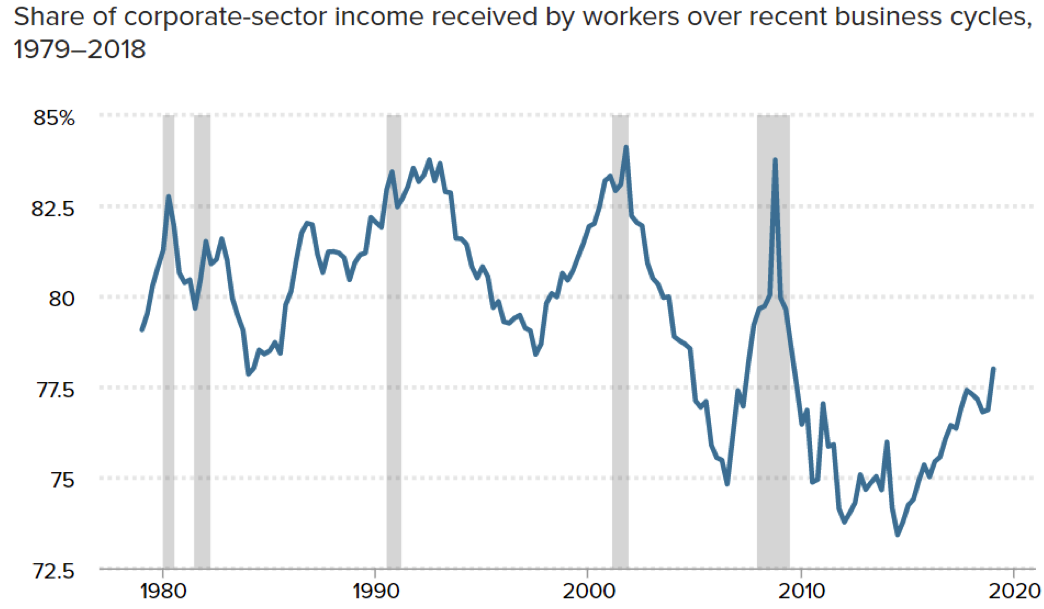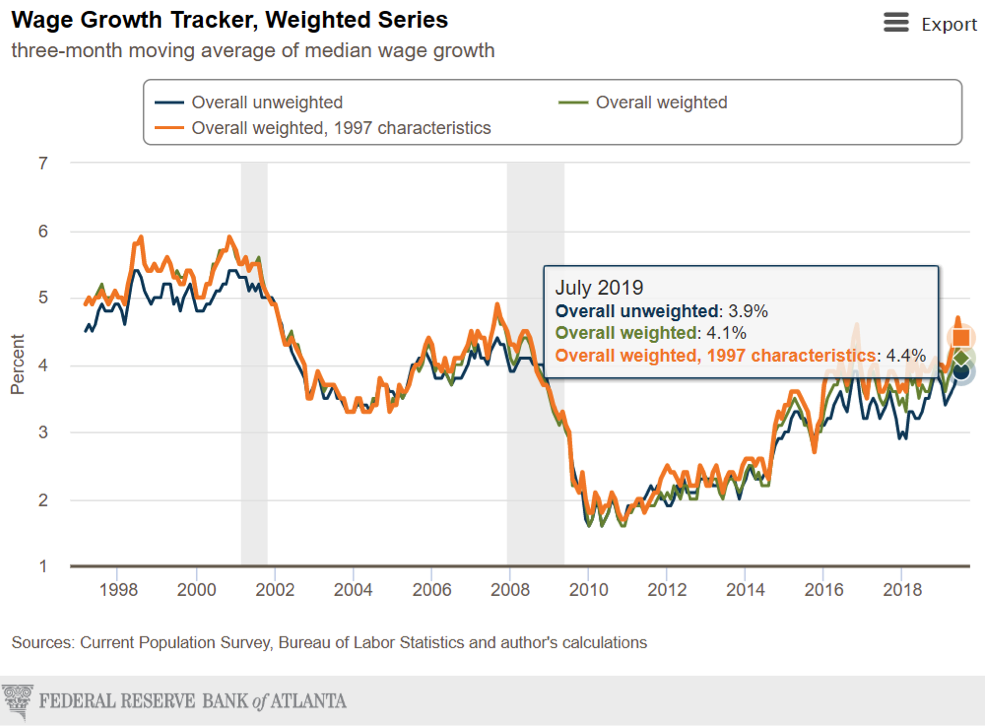In the months since the election, not only have we seen a new appetite for industrial relations reform but things that were previously considered taboo are being discussed in the MSM. This week there has been a flurry of media surrounding the Institute of Public Affairs’ call to scrap the minimum wage. As head of the H.R. Nicholls Society, Australia’s only institute solely devoted to reforming Australia’s Industrial Relations system, I have nothing but admiration and applause for the IPA for publicly backing “low paid work”.
Kurt Wallace, an IPA research fellow, has taken data from the Fair Work Commission’s Annual Wage Review and found that a significant number of workers in minimum wage jobs have moved to higher-paid work. “Contrary to suggestions that low-paid work is a ‘dead-end job’, these jobs have high upward income mobility,” Wallace said in a statement. “Over half of low-paid Australian workers move to higher-paid work within a year, 64 per cent move to higher-paid work within two years and 75 per cent move to higher-paid work within five years.”
Of course, Sally McManus of the ACTU has slammed the research, labelling the IPA ‘extreme big business advocates’, but important to note, the businesses that suffer most from a high minimum wage are small to medium-sized. Indeed, in Australia, almost two-thirds of all businesses are non-employing, and of the remaining 38 per cent of businesses that do employ staff, they have fewer than four employees. The reality is, these small businesses are unable to hire workers because they can’t afford the exorbitant wages the government forces them to pay. Instead of focusing on expanding their business or reinvesting, small business owners are forced to work in lieu of having an employee they can’t afford.
We’ve seen time and again the damage a high minimum wage has on economies around the world and any assertion by the unions that they’re protecting the interests of workers is laughable.
The minimum wage prices the low-skilled, indigenous and youth workers out of the employment market and they have the unions to thank for that. McManus has claimed the only thing keeping wage increases in line with inflation is Australia’s minimum wage system; she then arrogantly claims the unions are to thank for this. Were this true, we would surely have seen appalling wage increases for workers in countries like the United States, but this could not be further from the truth. The Trump administration’s tax cuts, deregulation and dedication to business has seen worker compensation as a share of production costs increase to their highest levels since 2009. In short, what this means is that as companies produce more, their workers make more:

Further, nominal wage growth is at its highest level since late 2008:

What these figures show us is that deregulation, tax cuts and a focus on business produce better outcomes for workers than a minimum wage, contrary to the claims made by McManus. The IPA’s call for an end to the prohibition on low paid work is compassionate, evidence-based and the best way to reduce the high youth unemployment rate. Not only are the unions out of touch with workers, but they’re also economically illiterate, leading to poorer overall outcomes for the Australian economy.
The World Economic Forum ranks Australia as one of the least flexible labour markets, coming in at 105th out of 140 countries, the result of excessive labour regulations. Abolishing the minimum wage not only allows the poorest Australians entry to ‘the dignity of work’, it also allows the majority of Australian businesses, small businesses, the ability to thrive.
John Gray is the executive director of the H.R. Nicholls Society.
Got something to add? Join the discussion and comment below.
Got something to add? Join the discussion and comment below.
Get 10 issues for just $10
Subscribe to The Spectator Australia today for the next 10 magazine issues, plus full online access, for just $10.


























Comments
Don't miss out
Join the conversation with other Spectator Australia readers. Subscribe to leave a comment.
SUBSCRIBEAlready a subscriber? Log in